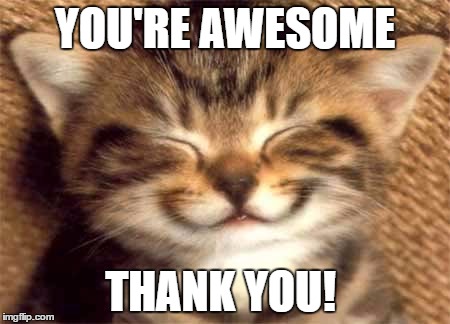When I first started writing, I wrote whatever I wanted. Every day was like an extended brainstorming session. This can be a useful way to discover new ideas, overcome writer’s block, or express inner angst.
But to craft a story others want to read, we must go beyond simple, frenzied writing. We need a guiding strategy. This may or may not include an outline (for me it does!). But it must include an understanding of vital scene elements.
The scenes we write should matter, in the context of real life, and even more, in the context of the story. Whether appearing in the first draft or added in later, these three elements can make your story shine.
1. Be purposeful in choosing detail.
The details you choose should serve at least one of several purposes. They should set the mood, enhance theme, develop characters, or advance plot. These details must not be arbitrary.
Consider your character’s body language. What kind of clothes do they wear? What they are eating? What do these details reveal about their personality, their past, or their motivation?
When deciding on the weather, consider how it can reflect the mood of the scene. Even a sunny day can be written to elicit feelings of anxiety or sadness.
As you reread your early drafts, you may notice certain themes emerging. Take the time to develop these themes. Include metaphors and symbolism to reach this goal.
The reader will pick up on subtle details. Weave them into your narrative. As the story progresses, the details will stack up, revealing more about personality, motivations, character arc, and overarching theme.
2. Know what type of scene you are writing.
There are two basic scene types—action and reflection. These are often called Scene (action) and Sequel (reflection and decision-making based on what happened in the previous scene). This understanding of scene is described by Dwight V. Swain in his book, Techniques of the Selling Writer.
Scenes are narrative in which the main character(s) strive toward their goals in physical, purposeful ways. They struggle through challenges, which ultimately result in some sort of disaster.
Sequels are when the character(s) react to the disaster. They wrestle with dilemmas (great place to show character growth and emphasize theme). Finally, they make decisions, which lead to the next scene.
Sometimes a scene can be both Scene and Sequel, back to back, without a visual break in the narrative. In fast paced adventures or near the climax, your characters may endure Scene after Scene without much break for reflection. Or reflection may be extremely brief (a sentence or two) so as not to slow the pace.
Understanding Scene and Sequel can help you write with purpose, sharpen your action scenes, and make your reflection scenes more emotionally intense and meaningful.
The template below is a useful guide. I fill it out from the perspective of the main character of the scene I'm preparing to write. This ensures that every scene has a driving force.
Scene
Goal:
Obstacles:
Disaster:
Sequel
Reaction to disaster:
Dilemma:
Decision:
3. Include conflict
Scenes must also include conflict. It’s not enough for characters to wander through their story and arrive at the end in a never-ending state of harmony. Even characters who are on the same side often have different goals, motivations, and weaknesses. Just like in real life. Who never has conflict with friends or family?
Be sure to explore the motivations of every character in your scene, whether before writing it or during an edit. Your deep insights into their background and motivations will enrich your writing. Suddenly you’re not scrambling for random details or mannerisms because you know your character’s underlying issues, both on a large scale and at the moment the scene takes place.
Often characters share the same goal, but have different ideas about how to accomplish it. They may have different motivations for the shared goal. This will influence how they pursue the goal and whether or not they give up.
Each scene must contain some sort of conflict, be it inner conflict (great for Sequels), conflict with nature, conflict with an antagonist, or conflict within the protagonist’s team.
As you've developed as a writer, what are some lessons you've learned about well-crafted scenes?








































